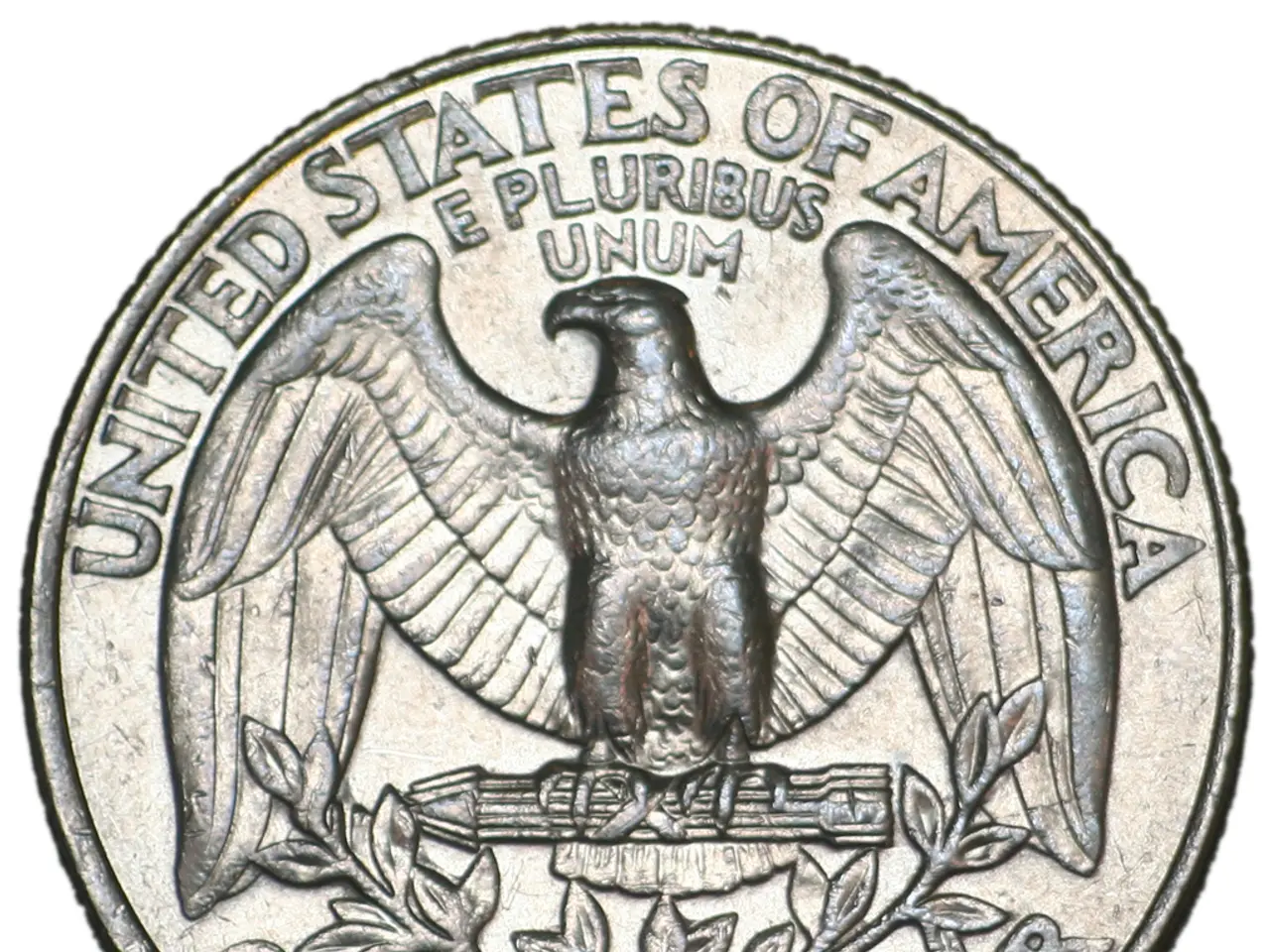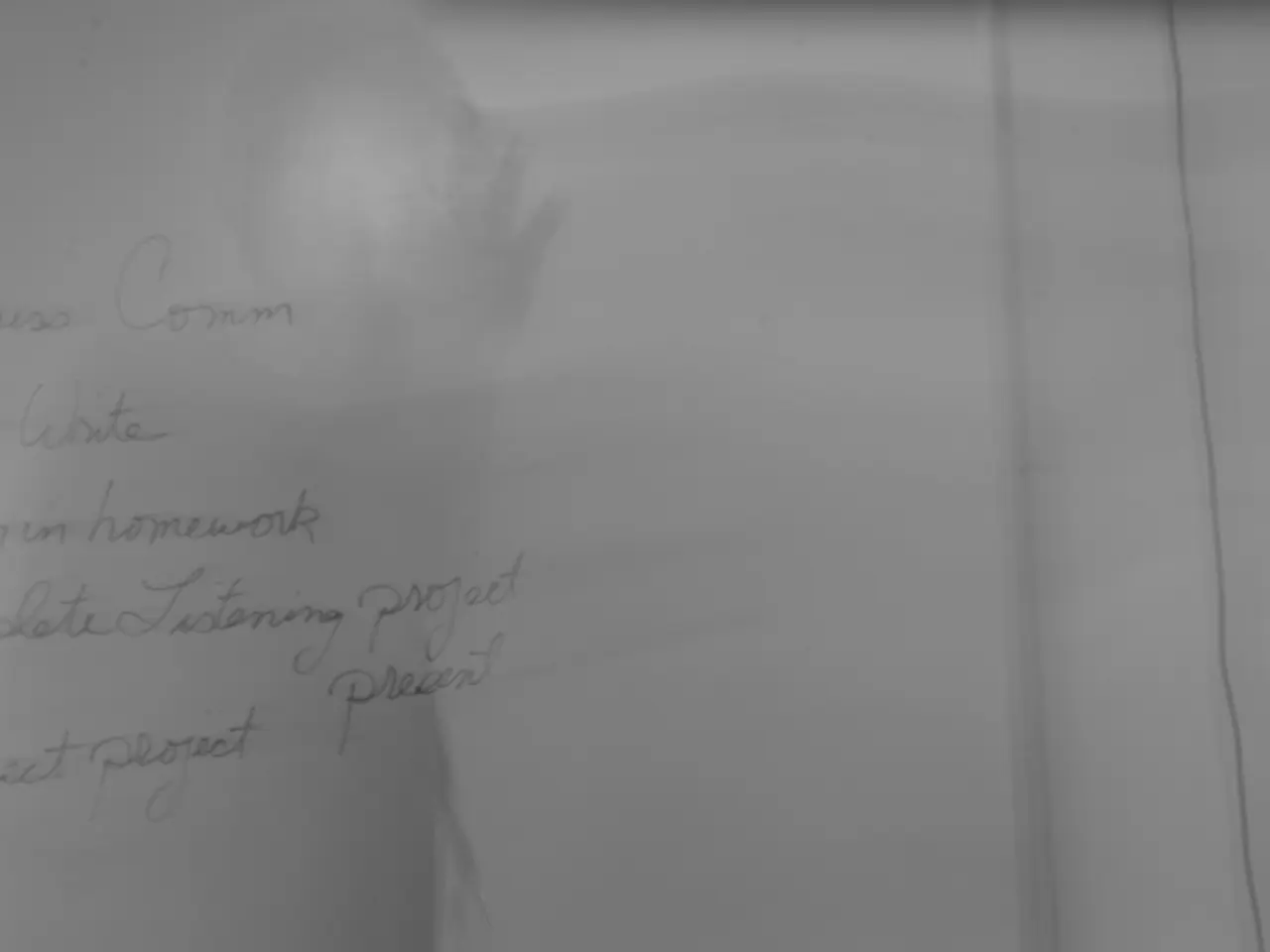Court upholds Trump's tariffs temporarily following ruling that suspends them
Federal Appeals Court Temporarily Restores Trump's Tariffs Amidst Legal Challenges
A federal appeals court has temporarily overturned an earlier court order restricting President Donald Trump's tariffs, reinstating them while it considers the administration's appeal. The United States Court of Appeals for the Federal Circuit issued an administrative stay on the decision, enabling the tariffs to retain their force at least temporarily.
The court's ruling on Wednesday, led by a three-judge panel, contended that Trump's use of the International Emergency Economic Powers Act (IEEPA) as the basis for his tariffs did not grant him unlimited power to impose them indiscriminately, as the president has done recently.
The judges argued that under the IEEPA, Congress, not the president, typically possesses the authority to impose tariffs, and Trump's tariffs failed to meet the limited condition of an "unusual and extraordinary threat" that would justify unilateral action by the president.
This isn't the only unfavorable verdict the Trump administration has faced regarding its tariff policies. In another case, U.S. District Judge Rudolph Contreras declared Trump's global tariffs to be "unlawful," limiting the Trump administration's ability to collect tariffs only from the two companies that filed the lawsuit against the tariffs.
The Department of Justice has urged for a stay on Wednesday's court order, arguing that immediate enforcement would result in "irreparable harm to United States foreign policy and national security." The administration warned that the court ruling could potentially weaken the president's leverage in trade negotiations, potentially jeopardizing existing trade agreements and leaving the country vulnerable to exploitation by countries emboldened by the current situation.
However, not all federal courts have ruled against the administration's tariffs. In another case, a federal judge suggested that the president may have the authority to unilaterally impose tariffs but declined to rule on the matter, transferring the case to the Court of International Trade instead.
These legal challenges to President Trump's use of tariffs highlight ongoing debates about the limits of executive power in trade policy and the balance between national security and legislative authority. Analysts suggest that the case may eventually reach the U.S. Supreme Court, prolonging the uncertainty surrounding the administration's trade policies.
- The federal appeals court ruling on Donald Trump's tariffs has sparked discussions in general-news, as it addresses the balance between the president's executive power and legislative authority in international economy and business.
- The judicial verdict raises questions about the president's use of his political power, particularly in regards to the International Emergency Economic Powers Act and its rules for imposing tariffs as a means of justice.
- Similarly, the ongoing legal challenges against the Trump administration's tariff policies reflect a broader debate in political and business circles about the role of the executive and legislative branches in shaping the nation's trade policies and international finance.
- Critics are concerned that the administration's tariffs may harm American businesses and the overall economy, as witnessed in the alleged "unlawful" decision made in one case concerning the president's global tariffs.
- Analysts and advisors argue that the consequences of these court rulings on the Trump administration's tariffs could extend beyond trade policy, potentially impacting the nation's standing in the international community and its capacity to engage in successful general-news negotiations.




